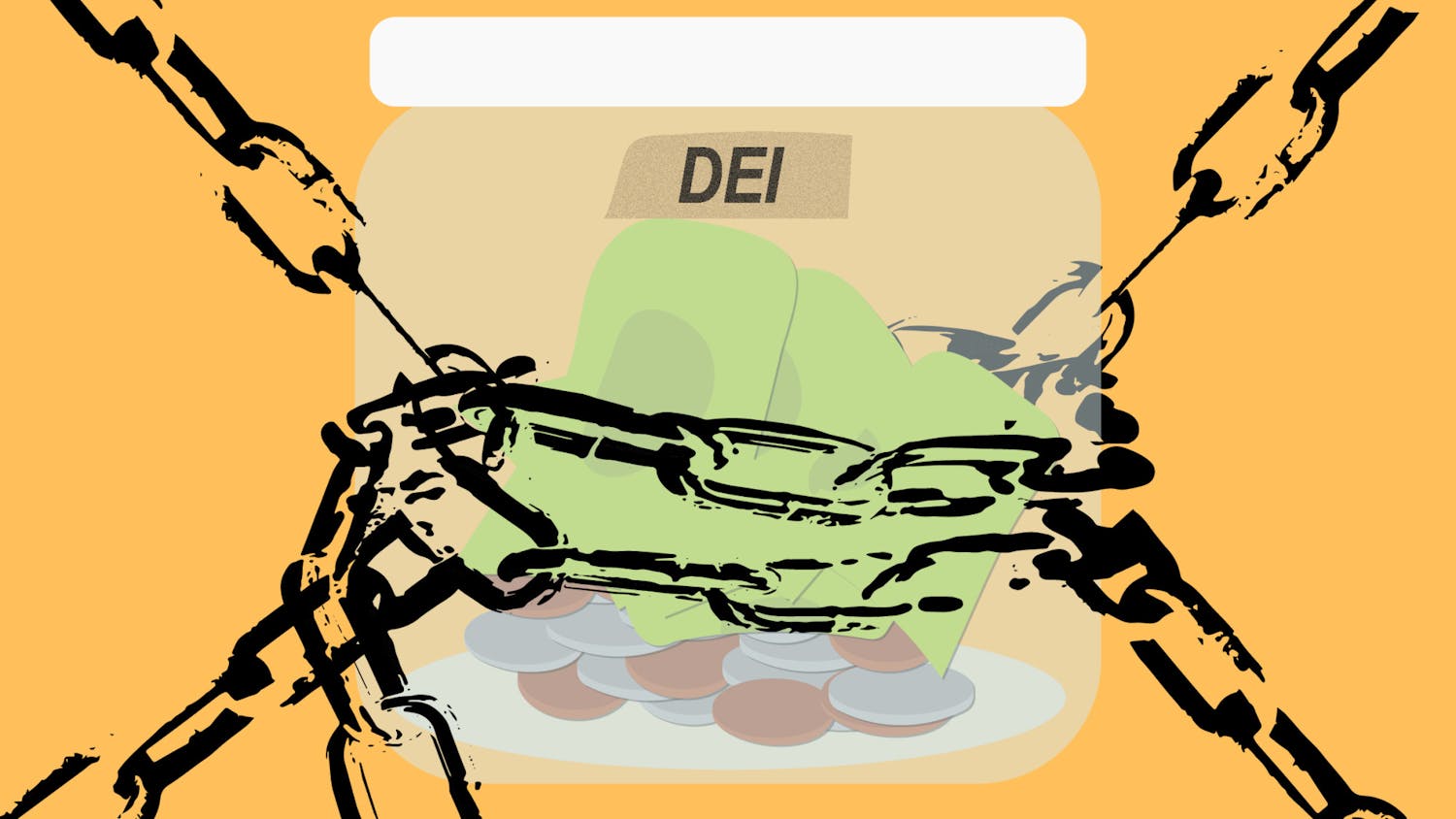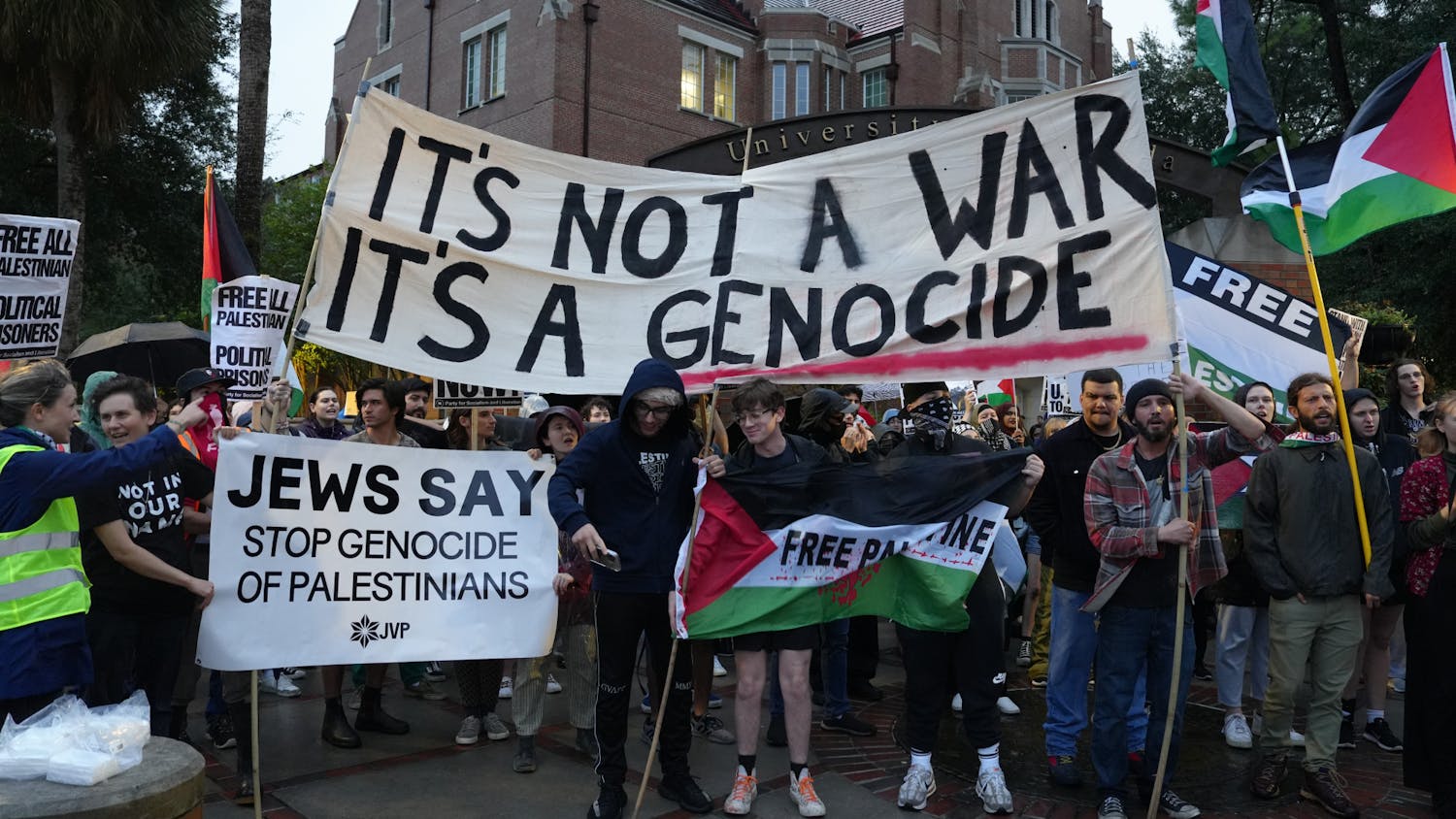Last week, Austin Ward had five exams over an eight-day stretch.
The UF civil engineering sophomore is taking six classes this semester, and he’s overwhelmed.
In the thick of his midterms, he tried to book an appointment with the UF Counseling and Wellness Center — but they told him he couldn’t be treated until next semester, as the center’s waiting list was filled with the names of 77 others seeking treatment.
“I essentially wasted my time,” the 19-year-old said.
To keep up with a growing demand, the center is currently seeking funding from the Florida Legislature to increase the number of clinicians.
Ernesto Escoto, the director of the center, said this problem is not exclusive to UF; it’s happening across the state.
In Fall of 2016, all 13 Florida public universities submitted a $14 million legislative budget request to the Florida Board of Governors to increase funding for the universities’ counseling centers, Escoto said.
If approved, UF would get $2.2 million to hire 21 clinicians.
The International Association of Counseling Services, which accredits the UF center, recommends one clinician for every 1,000 to 1,500 students at the university.
With 33 full-time clinicians, one for every 1,546 students, UF fails to meet the quota, Escoto said.
The CWC over the last few years has typically established a waitlist for individual counseling appointments after the first three- to-four weeks of each Fall and Spring semesters, wrote Sara Tanner, Director of Marketing and Communications Student Affairs, in an email. The average time a student spends on the waitlist is 15 or 16 days.
All students are first evaluated before being placed on the waitlist, she said.
"Being placed on a waitlist only occurs when at the triage appointment it is determined that individual counseling/treatment at CWC is the best or only option for the student," she said.
If the Board of Governors approves the funding, Gov. Rick Scott will have to sign off on it.
If so, the universities will get the money June 1, he said.
But it would take much longer to fix the problem, he said.
The state universities need to hire 133 clinicians in total, he said.
“The entire state will be looking for psychologists, so I don’t expect that we’ll fill all positions on the first search,” Escoto said.
He said the center should be able to hire all clinicians by Spring 2018 or Fall 2019 if it gets funding for their salaries.
Meanwhile, demand continue to increase.
In 2016, 4,700 students visited the UF center, amounting to almost 31,000 appointments and consultations, he said. But as the stigma surrounding mental health decreases, Escoto expects a 3- to 5-percent increase this year.
About 25 percent of students at UF have been treated with medication for mental-health issues at some point in their life, he said.
But for students like Ward, new clinicians won’t be here fast enough for them to talk to a counselor when they need it.
“They advertise that whole ‘U Matter, We Care,’ and they say that’s a resource we have, but we don’t,” Ward said.
Contact Jimena Tavel at jtavel@alligator.org and follow her on Twitter at @taveljimena
Correction: This article has been updated to reflect that 4,700, not 47,000, students sought services from CWC in 2016. This article has also been updated to reflect that Austin Ward had five exams over eight days instead of eight exams over five days.





